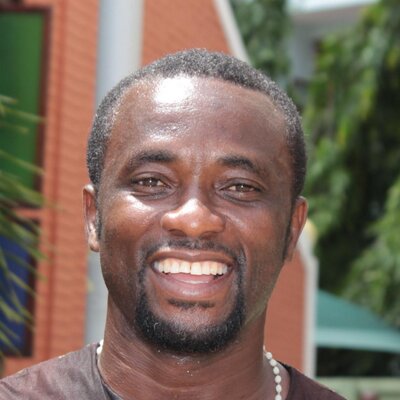“The hands that make mistakes belong to those who work.” – African proverb
“To kill an error is as good a service as, and sometimes even better than, the establishing of a new truth or fact,” asserted Charles Darwin. This profound statement underscores the significance of correcting misconceptions and erroneous beliefs in the pursuit of knowledge and meaning, or anything that has to do with the good of our humanity. In adapting the renowned evolutionist’s words to our situation as a society, we can say that we need to first do away with errors in our understanding of development strategies before we embark on another one.
For too long, it appears that our primary focus for developing our society has been on the discovery of new leaders or natural resources. However, Darwin’s statement suggests that addressing and rectifying errors in our understanding of what constitutes leadership and how resources are utilised are equally valuable, if not more so. His assertion is in line with Mark Twain’s argument that “it ain’t what we don’t know that gets us into trouble. It’s what we know for sure that just ain’t so”.
Throughout history, numerous breakthroughs have arisen from the diligent pursuit of error eradication. This is because innovations and inventiveness are usually the result of abandoning old ideas and beliefs.
Charles Darwin himself is a testament to this. His work in the field of evolution included the correction of prevailing misconceptions about the origin of species. By challenging the existing beliefs of his time and presenting a more accurate understanding of evolution, Darwin not only eradicated errors but also laid the groundwork for a transformative scientific paradigm-shift. This is the attitude Africa needs to cultivate if we are ever going to make ourselves proud.
In our quest for development, we must recognise the value of identifying and addressing errors – for they are not only roadblocks but also opportunities for growth and progress. As history has shown, sometimes the most profound discoveries begin with the courageous act of acknowledging and correcting the errors that stand in our way.
For example, it took the efforts of astronomers like Copernicus, Galileo and Kepler to challenge and correct the concept of geocentrism – a long-held belief that the earth was the centre of the universe. Their correction paved the way for a more accurate understanding of our solar system’s structure, and was indeed a monumental service to the advancement of knowledge.
The call to embrace correcting errors in our understanding of what it takes to develop a people and a society will contribute not only to refining existing knowledge but also to the creation of a more fertile ground for new truths and facts to emerge. We know that recognising and rectifying errors embodies intellectual integrity, which signifies a dedication to truth-seeking rather than clinging to misconceptions driven by egos or biases. This challenges us to search our hearts and minds, and pay attention to the conversations we have with other people in order to discover that which isn’t as we believe it to be, and to humble ourselves and learn what it should have been in the first place.
Encouraging the correction of errors is vital for fostering a healthy and informed society. Not only does it enable us to honestly acknowledge when we do not know something or when we have made mistakes, but we empower others to think critically and question their own assumptions. This is an attitude that promotes open, evidence-based discussions which ensure we develop not just right, but faster.
If we could promote the correction of errors, rather than admiring individuals and groups who beat their chests as knowing and having it all, we would overall empower our people to always evaluate their sources critically and discern credible information from misinformation. This would then encourage them to consider different perspectives and be empathetic toward the viewpoints of others, thus minimising the ‘win-by-any-means-necessary’ attitude that has nurtured lying and the falsification of facts in our society.
One of the pluses that would accrue to our people would be the cultivation of a lifelong learning attitude. All in all, many people would nurture curiosity and a thirst for knowledge. This would encourage them to explore new ideas and seek out information regarding how to develop ourselves and our society, until we come to appreciate that progress is an ongoing journey. No one has all the answers, and it is alright for us to continually seek and refine our understanding in order to do better for ourselves and for all of our humanity. Moreover, we would learn to offer constructive feedback in our discussions and debates – rather than resorting to personal attacks…
__________________________________________________________________
Kodwo Brumpon is a partner at Brumpon & Kobla Ltd., a forward-thinking pan-African management consultancy and social impact firm driven by data analytics – with a focus on understanding the extraordinary potential and needs of organisations and businesses to help them cultivate synergies which catapult them into strategic growth and certify their sustainability.
Comments, suggestions and requests for talks and training should be sent to him at kodwo@brumponand kobla.com










